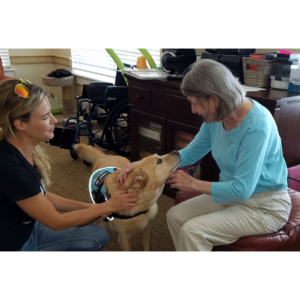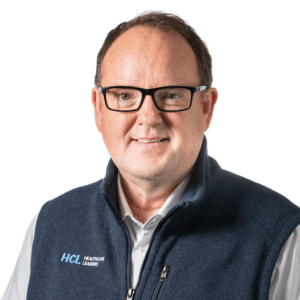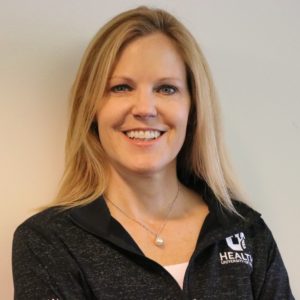When aides move on
The other morning as I waited for medicine before breakfast, Martin (pseudonym) protested loudly that Kelly (pseudonym) was no longer employed as an aide. Martin is in his 60s and Kelly was his favorite caregiver. He has been here several years and Kelly volunteered here before she worked in hospitality and as an aide. Martin continued by saying, "I wish they had gotten rid of Linda (pseudonym), she always gives me a hard time!"
After I heard his comment, I realized I had not seen Kelly or Christina (pseudonym) for several days. They were the two youngest aides and both had worked here for three years.
Christina seemed disillusioned with being an aide. I heard her say she did not like the way the residents treated her, yet she was always positive and pleasant. Lately, she seemed tired and uncomfortable on the job. I wondered if it was something about being between a teenager and a twentysomething.
Kelly liked to do her own thing. She took good care of her residents, including me. But at times she got aggravated quickly. I wondered what was going on in her life that would make her edgy. But I also realized that she could just be having a bad day.
The last several months both aides have called off frequently. They also tended to show up late—sometimes by an hour—on their scheduled work days. I wondered how long management would put up with that. This made it difficult for the other aides, particularly on the weekends when we have fewer staff. Management depended on those two aides to show up. When they did not, the other aides scrambled to cover everything.
Without these aides there are many slots open on the schedule. This means other aides will be working more hours, causing them additional pressure in the short run.
Residents will probably not see Kelly and Christina again, and many of us will miss them.
When a facility staff member leaves, it reminds me of a remark Paul Brown (former coach of the Cleveland Browns and at the time coach of the Cincinnati Bengals) said when a reporter asked him how the team would do without their injured quarterback
Brown said, "The team will adapt, everybody is useful but nobody is necessary.”
I Advance Senior Care is the industry-leading source for practical, in-depth, business-building, and resident care information for owners, executives, administrators, and directors of nursing at assisted living communities, skilled nursing facilities, post-acute facilities, and continuing care retirement communities. The I Advance Senior Care editorial team and industry experts provide market analysis, strategic direction, policy commentary, clinical best-practices, business management, and technology breakthroughs.
I Advance Senior Care is part of the Institute for the Advancement of Senior Care and published by Plain-English Health Care.
Related Articles
Topics: Activities , Facility management











